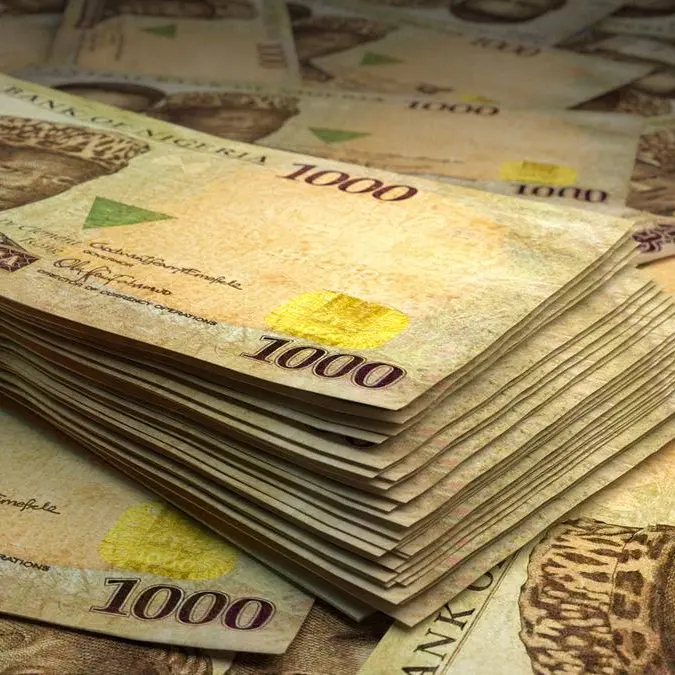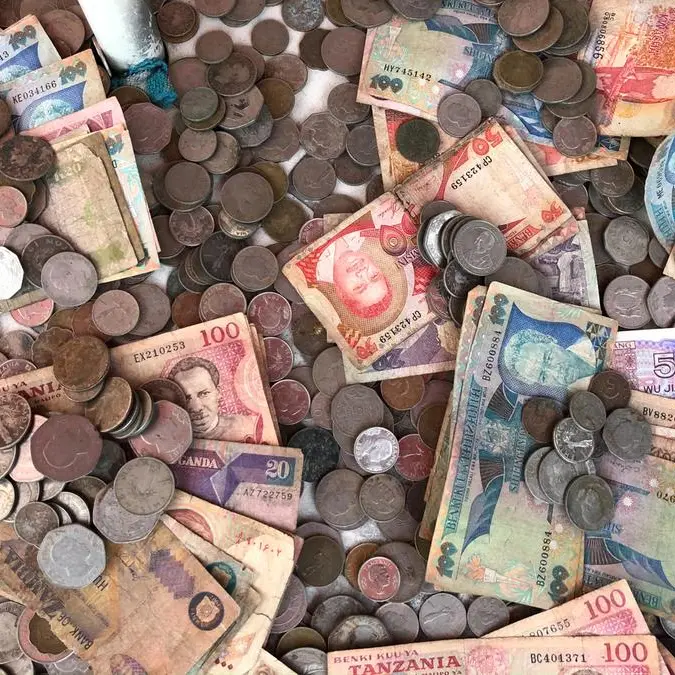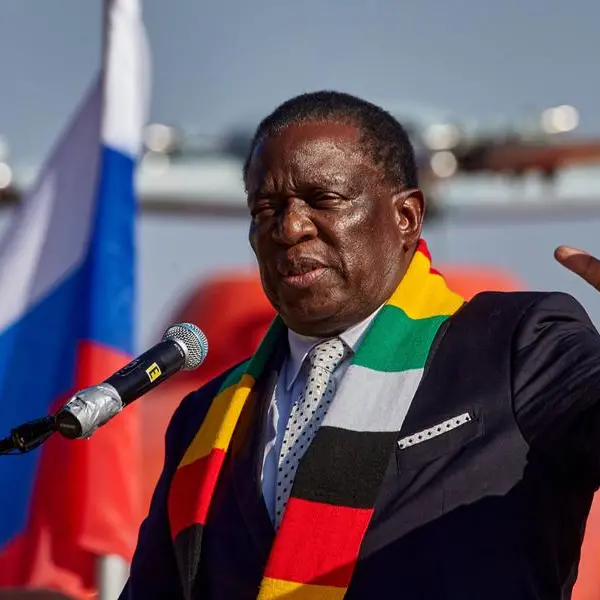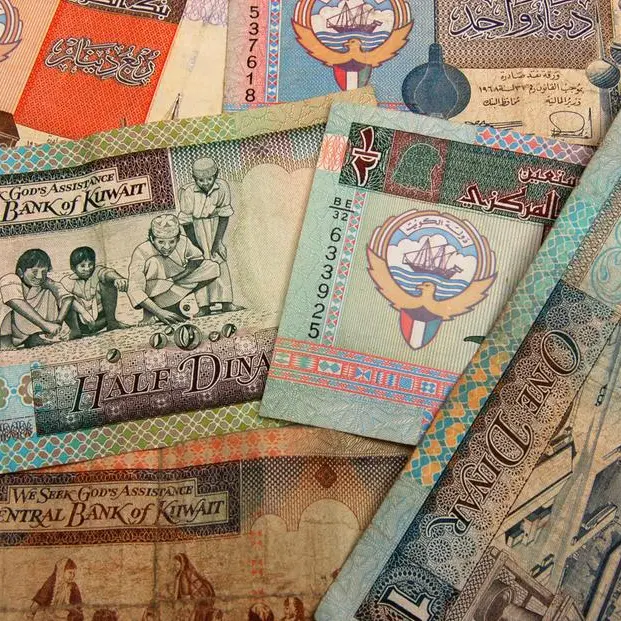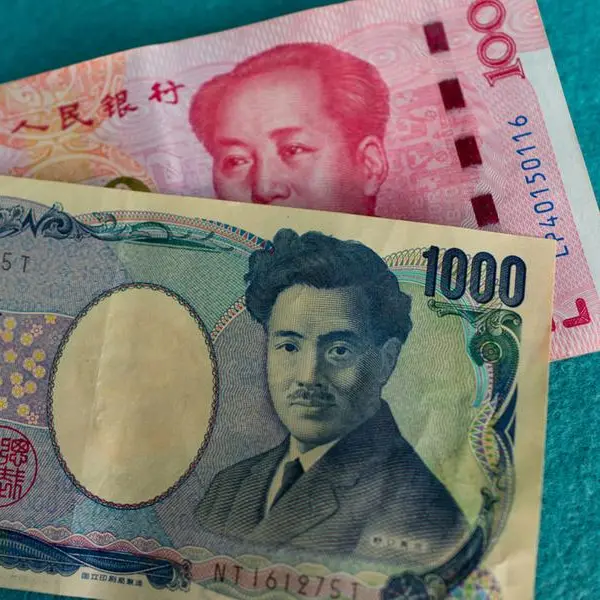PHOTO
The escalation in conflict in the Middle East did little to stop supply from the region coming to the international bond markets, with the handful of deals last week pricing at relatively tight levels.
Five issuers from the Gulf raised funds – from Oman, Qatar and the UAE. Two of the deals were sukuk, which lean much more on the region's banks for support even when the backdrop is benign. But the three others were in conventional format and got done without any major problems.
"It’s amazing how the market has just rolled on," said a trader. "You saw Middle East names move a few basis points wider around the beginning of the week, but not much."
Some investors have expressed concerns about the wider regional context and how valuations are not necessarily reflecting the risks. “For me, it's quite hard to get excited about primary considering the backdrop, especially given how tight new issues are pricing,” said one fund manager. “It’s actually bizarre how things are carrying on."
Yet the region's issuers and their investors are used to deals being announced against a volatile geopolitical backdrop – Israel's war against Hamas, for example, has been going on for a year and has had no material impact on fundraising activities.
The two sukuk, from Qatar’s Dukhan Bank and Omani government-related entity Nama Electricity Distribution, took advantage of regional liquidity (see Emerging Markets section for more). A conventional Reg S only bond from Commercial Bank of Dubai was also skewed towards regional investors. However, the two other deals, from Abu Dhabi National Energy Company, better known as Taqa, and Qatari telecom Ooredoo were issued under 144A/Reg S format, targeting a broader international audience. Bankers say that bid remains intact.
"It is true that the bid from local investors has been good, especially for sukuk where they are naturally a larger proportion of the investor base. But I wouldn’t say they are stepping up or filling a hole left by international investors. There is still demand from the internationals," said Hussain Zaidi, global head of bond syndicate at Standard Chartered.
Taqa (Aa3/AA; Moody’s/Fitch) stood out, raising US$1.75bn on Wednesday in a deal that had strong global demand. The dual-tranche offering, comprising US$900m conventional October 2031 and US$850m green March 2037 notes, got combined peak books of more than US$6.2bn. That enabled lead managers to tighten pricing by 35bp on each tranche to final spreads of 85bp over Treasuries and plus 105bp, respectively.
That meant a premium at most of 5bp, according to some bankers, though others said the bonds priced in line with fair value based on Taqa's curve. It was also tight according to other metrics.
"They priced inside where the recent ADQ was trading in the secondary market, so a very good outcome," said Marco Baldini, global head of investment-grade syndicate at Barclays, which was a lead manager alongside Bank of China, Citigroup, First Abu Dhabi Bank, JP Morgan, Mizuho, MUFG and Natixis.
Abu Dhabi sovereign wealth fund ADQ last month raised US$2bn through US$1bn 4.375% October 2031s and US$1bn 5.25% October 2054s.
While Taqa's tight pricing was to a degree thanks to regional support, overall distribution of the two tranches was widespread, with investors in the UK, continental Europe and the US having a heavy presence in the deal. About 83% of the green bond was allocated to non-Middle East and North Africa investors, and 61% of the conventional tranche.
(Additional reporting by Edward Clark)
Source: IFR



